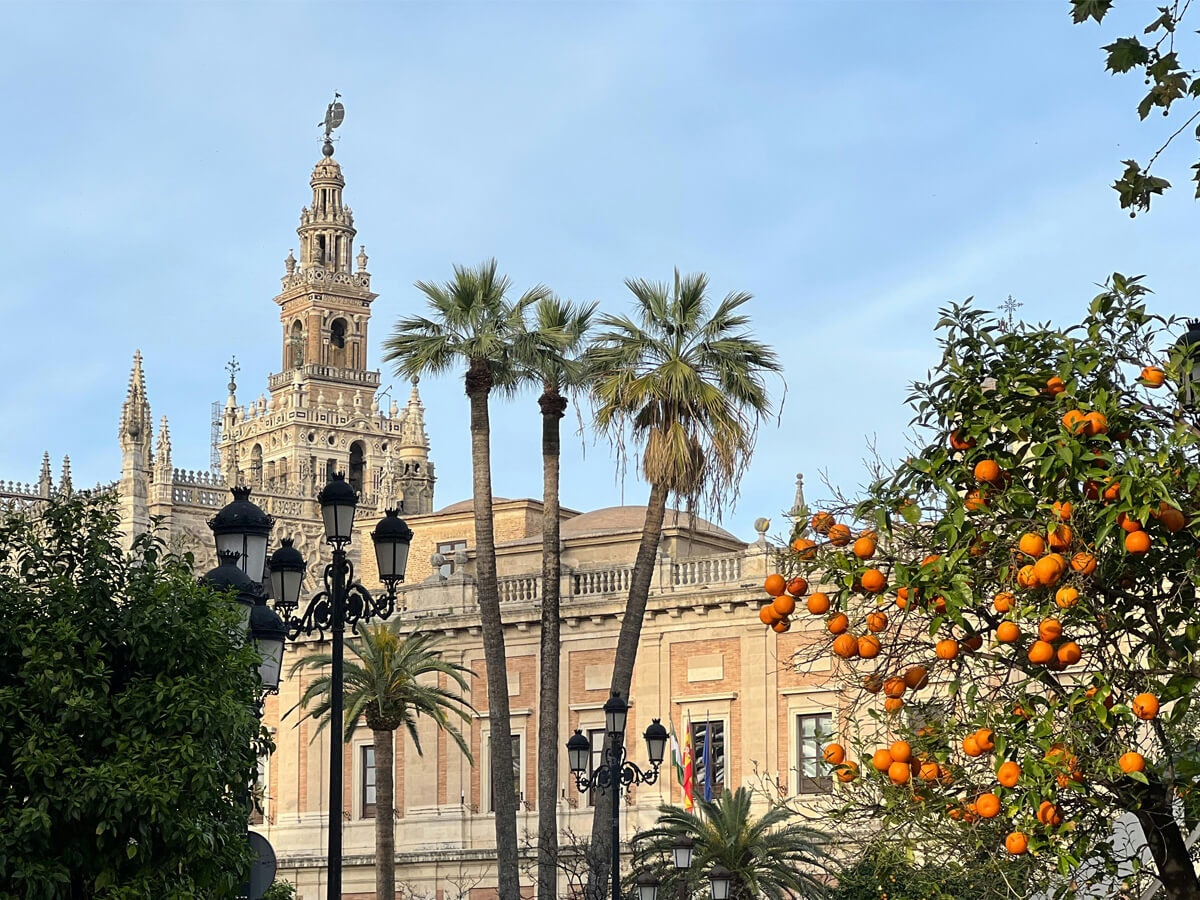Do I Have to Pay Tax in Spain If I Don’t Rent Out My Holiday Home?

You’ve bought your dream holiday home in Spain. You don’t rent it out — maybe you just use it yourself, or it sits empty most of the year. So surely there’s no need to pay tax in Spain, right?
Unfortunately, even if you don’t rent out your property, as a non-resident you may still be liable for Spanish income tax. In this guide, we’ll explain exactly how it works, so you’re not caught off guard by the Spanish tax authorities.
Why You Might Still Owe Tax
Spain charges income tax for non-residents — known as IRNR (Impuesto sobre la Renta de no Residentes). This applies not only to rental income, but also to personal use or vacant properties.
The Spanish tax office assumes you receive a certain benefit from owning your property — even if you don’t rent it out. This is called imputed rental income (renta imputada).
To declare this, you need to file Modelo 210 — the standard tax form for non-residents.
What Is Imputed Income (Renta Imputada)?
Imputed income is a notional value assigned to your property by the tax office, based on the idea that you benefit from living there.
How it’s calculated:
1.1% or 2% of the cadastral value of your property (listed on your IBI — local property tax — bill).
Tax rates:
19% for residents of the EU/EEA
24% for non-EU residents
Example calculation:
Cadastral value: €100,000
1.1% = €1,100 taxable income
Tax (for a Dutch or Belgian resident): 19% of €1,100 = €209
When Do You Need to File?
If you don’t rent out your home, you must file Modelo 210 once a year for the imputed income.
Deadline: January 20th of the following year (for example, by January 20, 2025 for your 2024 usage).
If you do rent out your home, different rules apply. Read our guide to Modelo 210 for rental income.
What Happens If You Ignore It?
Many holiday homeowners are unaware of this obligation. But failure to file can lead to consequences:
Late penalties and interest on missed payments
Issues when selling your property (notaries check this!)
Back taxes and audits by the Spanish tax authorities
How Does the Tax Office Know?
All property ownership in Spain is recorded in the Registro de la Propiedad (Property Register). It’s linked to your NIE number (issued when you bought the property), so yes — they know.
How to Handle It Easily
You can file Modelo 210 yourself via the Agencia Tributaria website — but the process is complex, especially if you’re not fluent in Spanish.
That’s where AvenidaHQ comes in:
Track your income and expenses in one place
Automatically generate reports with all your figures
Store key documents safely
Run a preview of your estimated tax based on your cadastral value
Export everything your gestor or accountant needs — in one click
Frequently Asked Questions
1. What if I own multiple homes in Spain?
You must submit a separate Modelo 210 form for each property.
2. Do I owe tax if I let family or friends stay for free?
Yes. If no rent is charged, it’s still considered personal use and imputed income applies.
3. Can I file retroactively?
Yes, you can file for past years, though penalties or interest may apply.
4. Does this apply to all non-residents?
Yes. If you live in outside of Spain and own property in Spain, you fall under the non-resident tax regime (IRNR).
Conclusion
Even if you don’t rent out your Spanish holiday home, you’ll likely still owe tax. Fortunately, it doesn’t have to be complicated. AvenidaHQ helps you maintain a clear financial record, so tax filing becomes a stress-free part of property ownership.
➡️ Try AvenidaHQ for free — no credit card needed.